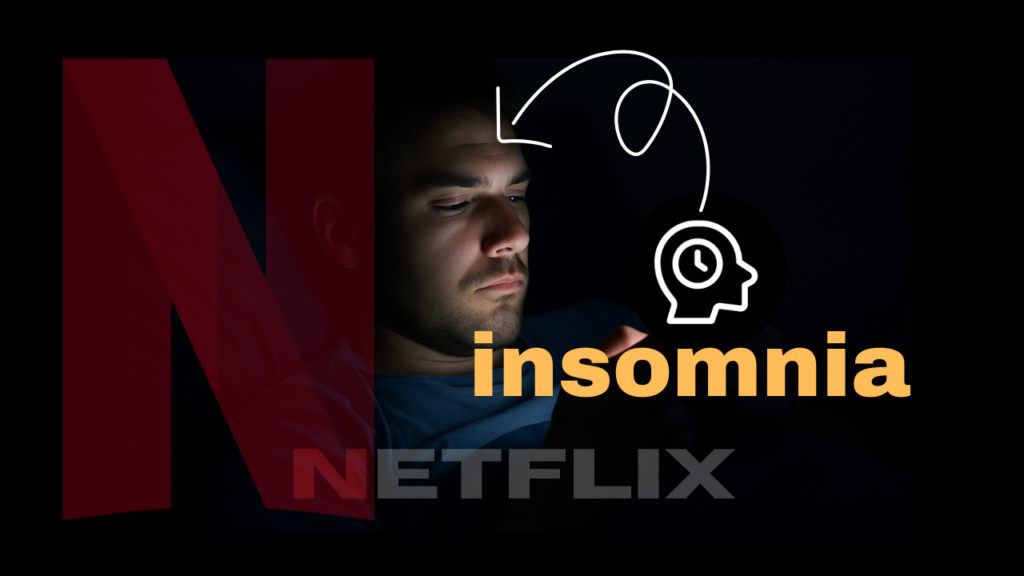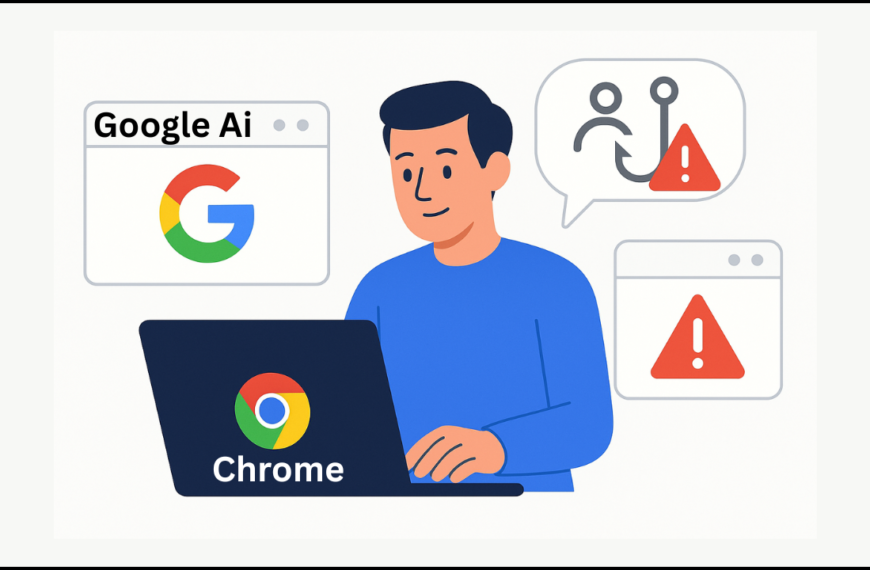
You know the drill: it’s late, you’re in bed, the lights are off, and you’re “just going to check your phone for five minutes.” Before you know it, an hour has passed, and you’re wide awake, scrolling endlessly through Instagram reels, TikTok videos, or news headlines. Sound familiar? You’re not alone.
A recent study from the Norwegian Institute of Public Health, involving over 45,000 young adults aged 18 to 28, has confirmed what many of us have long suspected: spending time on screens right before bed can increase your risk of insomnia by a staggering 59%.
In this article, we’ll break down why nighttime screen time is so harmful, the science behind it, and — most importantly — what simple steps you can take to reclaim deep, restful sleep starting tonight.
The Hidden Cost of Bedtime Screen Time
It doesn’t really matter what you’re doing on your phone — whether it’s chatting with friends, watching YouTube videos, or even reviewing study notes — the culprit isn’t just the content. It’s the time. Experts call it time displacement. The more time you spend on your phone, the more sleep you’re stealing from yourself without even realizing it.
What the Study Revealed
The Norwegian study found that just one extra hour of screen time at night significantly increased participants’ chances of experiencing insomnia symptoms — trouble falling asleep, waking frequently during the night, or waking up feeling unrested.
Dr. Gunnhild Johnsen Hjetland, lead researcher, summed it up simply: “Watching videos or studying doesn’t matter. If you’re taking away hours from your sleep, your body is going to make you pay for it sooner or later.”
How Screens Disrupt Your Sleep Cycle
1. Blue Light Suppression of Melatonin
Our screens emit a type of artificial light called blue light, which interferes with the production of melatonin, the hormone that tells your body it’s time to sleep. Exposure to blue light in the evening tricks your brain into thinking it’s still daytime, suppressing melatonin production and delaying sleep onset.
2. Mental Stimulation
When you’re actively engaging with content — whether it’s replying to messages, reading an article, or scrolling social feeds — your brain stays alert and active. This cognitive stimulation keeps your mind racing and delays the natural wind-down process needed to fall asleep easily.
3. Doomscrolling and Stress Hormones
Neuroscientist Chelsie Rohrscheib warns about a common habit known as doomscrolling — the endless consumption of negative or distressing news before bed. This triggers your amygdala, the part of the brain responsible for processing threats, to go into alert mode. Stress hormones like cortisol and adrenaline surge, keeping your body in a state of “fight or flight” — the opposite of restful relaxation.
Why Poor Sleep Is a Big Deal (It’s Not Just Feeling Tired)
Many of us underestimate the consequences of bad sleep. It’s not just about feeling groggy the next morning. Consistently poor sleep impacts nearly every aspect of your health:
- Immune system: Sleep deprivation weakens your immune defenses.
- Mental health: Increases risk of anxiety, depression, and mood swings.
- Memory & focus: Impairs concentration, decision-making, and learning.
- Metabolism: Raises risk of weight gain and diabetes.
- Heart health: Linked to higher blood pressure and cardiovascular problems.
Think of sleep as recharging your phone battery. If you’re only charging to 40% every night, eventually, your “battery” won’t last through the day.
7 Proven Tips to Reduce Nighttime Screen Time and Sleep Better
The good news? Small changes to your evening habits can make a huge difference. Here’s how to start:
1. Set a “Screen Curfew”
Commit to turning off all screens (phone, tablet, laptop, TV) at least 30–60 minutes before bed. Even 30 minutes can help melatonin production bounce back.
2. Use Night Mode or Blue Light Filters
If you must use a device in the evening, enable night mode or install apps like f.lux or use your phone’s built-in blue light filter. These features reduce blue light emissions and ease eye strain.
3. Replace Screens with a Relaxing Routine
Swap scrolling for a calming, screen-free activity:
- Read a paperback book (not an e-book with backlight)
- Do light stretching or yoga
- Take a warm shower or bath
- Practice deep breathing or guided meditation
- Listen to soft, calming music
4. Keep Phones Out of the Bedroom
If possible, charge your phone in another room. Use an old-fashioned alarm clock instead of relying on your phone to wake you up.
5. Track Your Screen Time
Most smartphones have screen time tracking features. Set daily limits and monitor how much you use your device before bed — awareness is the first step to change.
6. Practice Mindful Disconnecting
If you often feel anxious or restless without your phone, try mindfulness techniques. Spend a few minutes each evening noticing how your body feels as you disconnect. It gets easier over time.
7. Set Clear Boundaries with Friends and Work
Communicate your new habits. Let friends, family, or colleagues know that you won’t be available online after a certain hour. You don’t have to be “on” all the time.
Conclusion: Better Sleep Starts with One Small Change
We live in a hyperconnected world, but that doesn’t mean we have to stay connected 24/7 — especially when it comes at the expense of our sleep and health.
Turning off your phone even just 30 minutes before bed can help restore your natural sleep patterns, boost your energy, and improve your overall well-being.
So tonight, try it: power down a little earlier, choose a relaxing bedtime ritual, and let your brain and body finally recharge the way they’re meant to.
Your sleep is not a luxury — it’s your foundation for health. Don’t let a screen steal it.












